Originally published in The Daily Record
Baltimore must do more to attract venture capital and other financing for its small businesses and startup companies, a new report from Johns Hopkins University’s 21st Century Cities Initiatives found.
While available capital and financing has improved over the last decade, the study found that greater availability elsewhere has led companies to other cities and states to pursue funding.
Mary Miller, a visiting fellow at 21st Century Cities and the lead author of the report, and Ben Seigel, executive director of 21st Century Cities, said they wanted to start a discussion about how to improve the overall culture of investment in small businesses in Baltimore.
“We wanted to shine a spotlight on this sense that Baltimore City’s economy is diverse,” Seigel said. “We’ve got our eds, meds and feds, but in terms of small business, there’s a lot of strength here. How can we build on the strength that’s here in the city?”
From what Miller and Seigel studied, small businesses and their sources of funding can generally be broken down into two categories: tech startups with funding from venture capital and Main Street businesses with funding from loans and financial institutions.
For Main Street businesses, the big banks in the city tend to be large national banks with local headquarters in Baltimore. Their focus tends to be on credit loans to businesses and not necessarily the type of large underwriting businesses need, the report found.
“They’re not headquartered here,” Miller said. “I don’t think they feel the same obligation to the city and the area. We are a branch for those large banks.”
That trend extends to small business loans, like the Small Business Administration’s 7(a) loans. Only M&T Bank has been a consistent underwriter of these loans, accounting for nearly half of them.
Even then, compared to other similar cities, the report found that Baltimore ranks near the bottom of the list when it comes to the total number of loans given out.
It is a problem that the SBA is trying to confront, too. Earlier this year, Linda McMahon, the administrator of the agency, visited Baltimore as part of a tour to raise awareness of the resources the administration can provide. That included 7(a) loans.
“One of the challenges facing the SBA, as a whole, is the fact that many existing and potential small business owners don’t realize our programs are available,” said Steve Umberger, district director for Baltimore. “Entrepreneurship can be daunting, but also very rewarding. It’s important for small business owners to know they are not alone and that we have financing, counseling and government contracting resources to help them start and grow a business.”
The Baltimore district office covers all of Maryland, with the exception of Montgomery and Prince George’s counties. During the 2016-17 fiscal year, small businesses in the district received more than $231 million in loans. Baltimore City businesses received about $24 million, or 10 percent, of that money.
Miller and Seigel said there was room in Baltimore for more of the small and community banks in the state to reposition themselves as business lenders. The SBA said it has staff who train lenders of all sizes to give out these loans, and in recent years it has expanded the program to include credit unions.
On the other side of the business spectrum, tech startups receive most of their capital from venture firms. But they often struggle to get pre-seed funding and the big follow-on funding rounds seen in areas like Silicon Valley and the Boston area.
While the area does well in giving some early startup money to companies, including through incubators and accelerators, many companies end up leaving the state to find more funding.
“We did find that many of the startups that are coming out of some of our incubators around town are leaving Baltimore and then accessing their first investments after they leave,” Seigel said.
George Davis, the CEO of TEDCO, the Maryland Technology Development Corporation, said he has seen similar trends in the state. A big problem is that venture capital is in other areas, and those funders like to have businesses close to them.
“Venture capitalists like to sleep in their own beds,” Davis said. “What you need to do is produce more winners. Capital has a way of finding winners.”
Building a system that produces successful businesses will help bring more of that capital to the state and the city. Successful business founders can also start the beginning of a new venture capital ecosystem by funding new businesses themselves.
“What you do see in (areas with good venture capital funding) is successful entrepreneurs who have done well giving back and really participating in the ecosystems, and we need to do more of that here,” Davis said. “They’re the best advocates for it and they’re the best ones that startups coalesce around.”
But even as these two types of business attract two different types of financing, Miller and Seigel suggested there should be more crossover between the tech startups and banks and the Main Street businesses and venture capital.
“For Baltimore, we’ve got to find ways to serve the whole community,” Miller said. “We might find opportunities for each company to use finance a little bit differently.”




